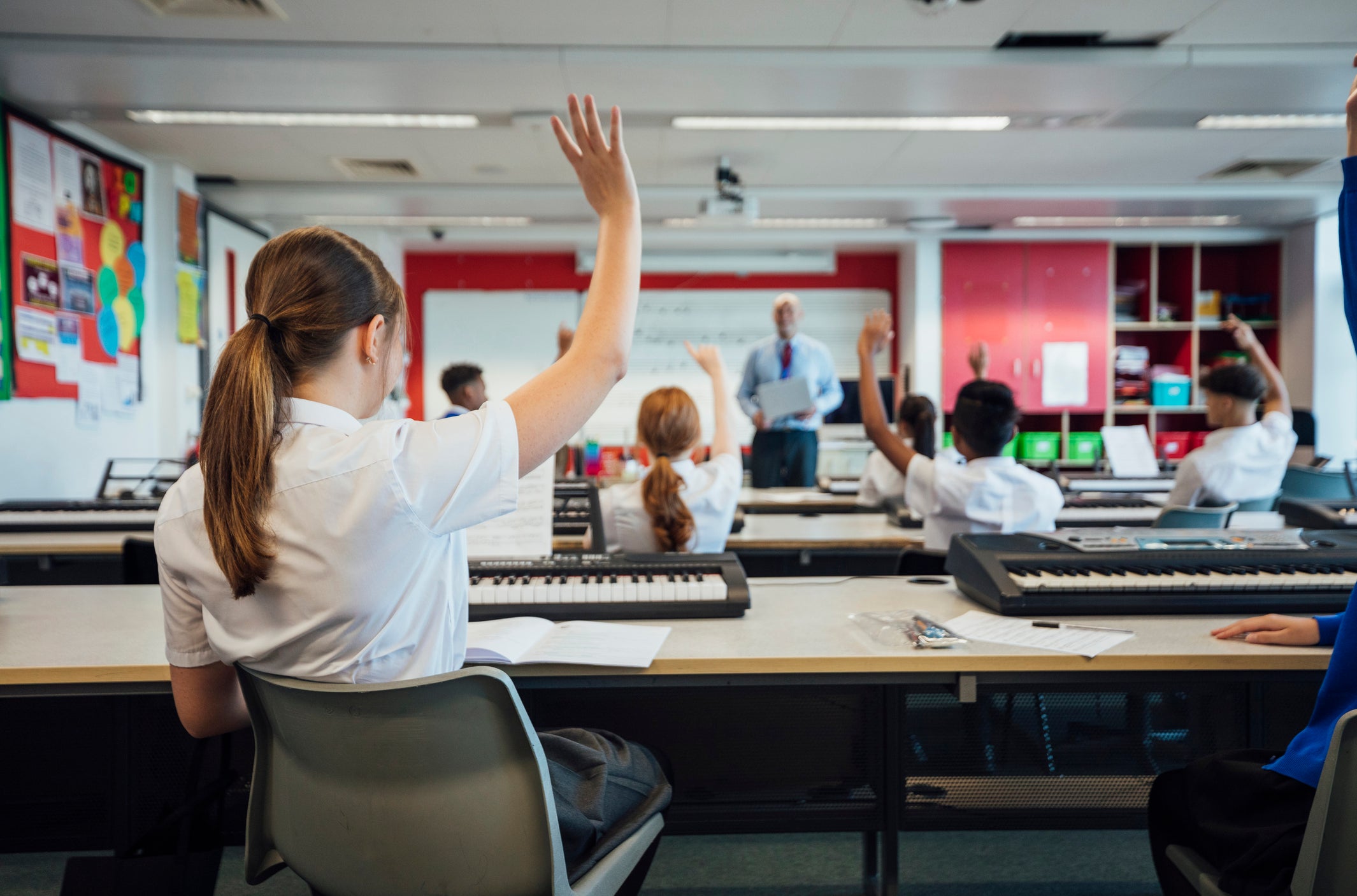Fewer children than ever learning the recorder at school as instrument’s popularity wanes
Children are opting for different instruments in schools as a wider range are on offer

Only one in six children are now learning the recorder at school, new research has found, marking a significant drop in its popularity over the past ten years.
A report by the Associated Board of the Royal Schools of Music (ABRSM) shows that just 16 per cent of children surveyed played the recorder in 2024, compared to 28 per cent in 2014. This decline comes as a widening range of instruments are taught in schools and by music teachers.
The ABRSM study, which compared a new survey of over 1,000 children aged 5 to 17 with previous research, highlights evolving musical tastes among young learners. While the recorder's popularity has waned, other instruments have seen a surge in interest.
The piano and keyboard remain the most popular choices for children learning to play, but the electric guitar, drums, flute, violin and ukulele have also gained traction in recent years.
The report says: "Instrument choice and the range of instruments taught by music teachers is widening, reflecting both a shift in learner tastes and the need for music teachers to respond to this."

Overall, 17 per cent of children said they play the electric guitar, up from 13 per cent in 2014, and 15 per cent of children play the flute, up from just 7 per cent in 2014, the report found.
Shifts are “likely to reflect trends in instrumental tuition at school”, as well as a wider range of instruments being offered by private music teachers, it added.
The report said the recorder is one of the most “given up” instruments.
Piano (16 per cent), keyboard (13 per cent) and recorder (11 per cent) are the most common instruments that respondents said they previously played but no longer do.
ABRSM chief executive Chris Cobb said: “Children get to play an instrument for the first time in large classes.
“The recorder has been great for that but schools are now looking at other instruments that can be used – the ukulele and acoustic guitar among them. Singing is also a key part of whole-class music-making.”
He added: “The mental health benefits of music are hugely important at a time when mental illness is so rife but there are so many other benefits too.
“The tragedy is that the same research shows how young people disengage from music learning, both when they shift to secondary school and when they start GCSEs.
“The challenge facing us all is how we can support schools and the communities around them to help young people continue experiencing the benefits of music.”
Join our commenting forum
Join thought-provoking conversations, follow other Independent readers and see their replies
Comments